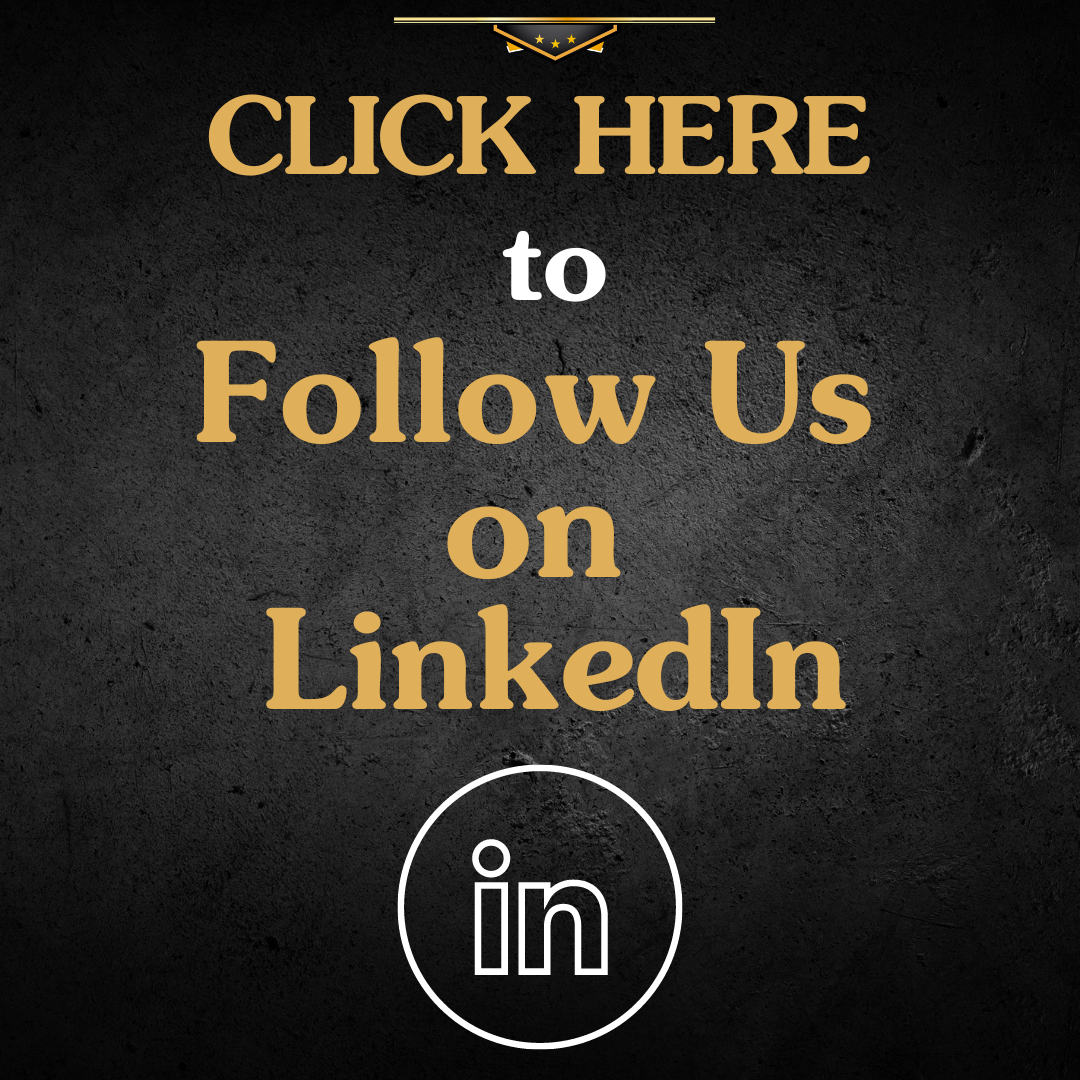One Speaking Technique Used by the World’s Greatest Speakers
You’re probably aware that the following ten people were all great speakers:
Plato
Aristotle
Socrates
Abraham Lincoln
Winston Churchill
Mahatma Gandhi
Nelson Mandela
John F. Kennedy
Barack Obama
They all used one speaking technique very effectively. Do you know which one?
If you said rhetorical questions, you'd be 100% correct. Yes, rhetorical questions are a very valuable tool when properly used in any presentation, whether they’re used in front of an in-person audience, on a virtual call, in an email, or on a video.
To ensure we are on the same page, here's the working definition for rhetorical questions:
Rhetorical questions are questions that are asked for effect rather than to get an answer. They can be used to emphasize a point, to make a statement, or to create suspense. When used as a speaker, rhetorical questions can be a powerful tool to engage an audience and make a point. They can be used to draw attention to a particular issue, to challenge an audience to think about a topic in a different way or to emphasize a point.
Here are a few examples of some well-known rhetorical questions you’re most likely very familiar with:
What is the meaning of life?
Who am I to judge?
What is the truth?
How much is enough?
Is ignorance really bliss?
Is the glass half empty or half full?
Is it better to have loved and lost than never to have loved at all?
These are familiar expressions we often hear in conversation that are not meant to be answered aloud, but rather pondered to emphasize a point.
Here are some rhetorical questions for you to consider when you’re speaking:
How can speaking help you reach more potential clients and customers?
What opportunities can you create by speaking to an even larger audience?
How can you use speaking to build relationships with your potential clients?
How can you use speaking to differentiate yourself from your competitors?
What speaking techniques can you use to ensure your message is memorable?
These are all good examples of useful rhetorical questions that will engage your audience, add impact, emphasize a point, or provoke the audience to think in a certain way. You can also use rhetorical questions to challenge your audience.
While there are many benefits to rhetorical questioning, there are some drawbacks to consider. Occasionally, an audience might consider this line of inquiry to be manipulative, or maybe they feel they are being talked down to since you’re not expecting an answer. They may also feel as if you’re trying to avoid answering a different difficult question. However, what rhetorical questions add to your speaking engagement outweighs the negative factors they may bring. After all, that’s why the famous speakers at the beginning of this article are considered great communicators and speakers.
Decide now to add a few rhetorical questions to your next presentation. Does that make sense?
P.S. That was a rhetorical question.
Now go out and MAKE it a great day!



